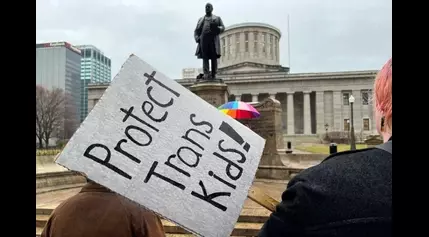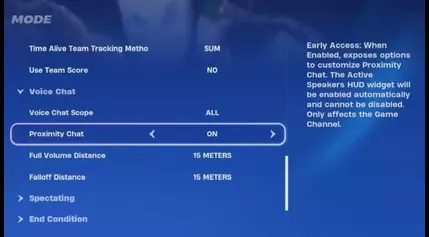Judges Accused of Violating Campaign Finance Laws in Nevada Special Elections
Two Clark County judges, Erika Mendoza and Tina Talim, have been accused of accepting campaign contributions that exceed the legal limit in a special election, raising concerns about the integrity of the electoral process. The complaints, filed with the Nevada Secretary of State's Office, allege that the judges have received contributions well above the ,000 cap per individual or entity, as stipulated by Nevada's campaign finance law.
Uncovering the Discrepancies in Nevada's Campaign Finance Regulations
Ambiguity in the Law Leads to Confusion
Nevada's campaign finance law clearly outlines the contribution limits for primary and general elections, but it remains silent on the specifics for special elections. This ambiguity has led to a lack of clarity, with the Secretary of State's Office acknowledging the vagueness in the legislation. Judges Mendoza and Talim have cited the Secretary of State's candidate guide, which suggests that candidates without a primary election can accept up to ,000 in contributions. However, the spokesperson for the Secretary of State's Office has stated that the guide is for general information only and does not have the force of law.Excessive Contributions and Potential Felony Violations
According to the campaign finance reports, both Mendoza and Talim have received contributions well in excess of the ,000 limit. Mendoza, a candidate for Clark County District Court Dept. 27, has received two contributions of ,000, while Talim, who was appointed by Governor Lombardo, has reported 10 contributions exceeding the ,000 cap. The candidates have defended their actions by referring to the Secretary of State's candidate guide, but they have been unable to cite a specific law that allows them to exceed the contribution limit in a special election.A Pattern of Unlawful Contributions in Special Elections
The issue of excessive campaign contributions in special elections is not limited to Mendoza and Talim. The article cites several other examples of candidates in recent special elections who have accepted contributions above the ,000 limit, including Victoria Seaman, who ran for a Las Vegas City Council seat in 2019, and Jim Seebock, who won the 2023 special election for Henderson City Council. These cases highlight a broader pattern of disregard for the campaign finance laws, which could have serious consequences for the integrity of the electoral process.The Need for Clarity and Enforcement
The Secretary of State's Office has acknowledged the need for reform, stating that it plans to present an omnibus campaign finance bill to the Legislature to address the vagueness in NRS Chapter 294. However, the current system relies heavily on staff to read reports and investigate complaints, which can be a daunting task. The complainant, Ida Tajalli, has expressed concerns about the Secretary of State's ability and willingness to take action against violators, emphasizing the need for stronger enforcement and accountability measures.The Implications for Voter Confidence
The acceptance of excessive campaign contributions by sitting judges raises serious concerns about the public's trust in the electoral process. As one of the candidates' opponents, Alan Lefebvre, noted, this behavior "breaks the covenant between the candidate and the betrayed early voter" who may be unaware of the breach. The lack of transparency and accountability in the campaign finance system could further erode the public's confidence in the integrity of elections, undermining the foundation of a healthy democracy.




















